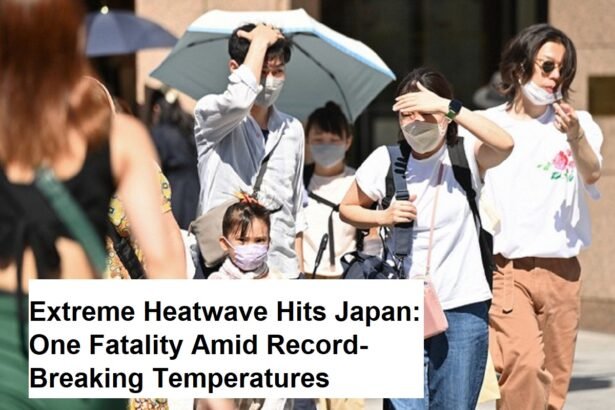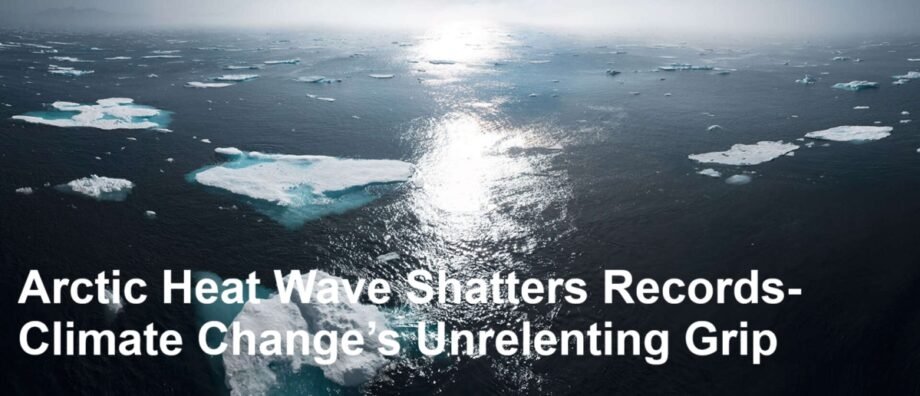In May 2025, the Arctic region witnessed an unprecedented heat wave that shattered temperature records in Iceland and Greenland, underscoring the escalating impacts of climate change. This extraordinary heat event, driven predominantly by human-induced global warming, is a stark signal of the dangerous and accelerating climate crisis confronting the planet.
The heat wave saw temperatures soar well beyond historical averages. On May 15, Egilsstaðir Airport in Iceland registered an astonishing 26.6°C (79.9°F), breaking the highest May temperature record for the country. Meanwhile, Greenland’s Ittoqqortoormiit station reported 14.3°C (57.7°F) on May 19 — a staggering 13°C (23.4°F) above the area’s expected May daily maximum. Across Iceland, temperatures were more than 10°C (18°F) above average, with specific regions experiencing deviations as high as 13°C (23.4°F).
The consequences of this heat wave were both immediate and profound. The Greenland ice sheet experienced melting rates 17 times above normal, contributing to its already alarming annual ice mass loss of roughly 43 billion metric tons. These accelerated melt rates triggered flooding, damaging roads and infrastructure, and disrupted local communities dependent on stable ice and sea conditions. In Iceland, extreme heat caused bitumen in road asphalt to bleed, raising safety concerns for drivers. The indigenous Inuit populations of Greenland, whose livelihoods and culture are deeply intertwined with the Arctic environment, faced significant socio-economic challenges due to these environmental disturbances.
Scientific analysis confirms that human-driven climate change played a pivotal role in this event. A rapid assessment by World Weather Attribution (WWA) revealed that the May heat in Iceland was intensified by approximately 3°C (5.4°F) due to global warming compared to pre-industrial levels. Greenland’s hottest May day was about 3.9°C (7°F) warmer than what would have been expected without human influence. These findings highlight the Arctic’s vulnerability, warming at four times the global average speed and serving as a climate change bellwether.
Looking forward, climate models predict that such extreme heat waves may become even more severe, with temperature anomalies potentially rising by 2°C (3.6°F) or more if global warming surpasses 2.6°C (4.7°F) by the end of the century. This projection underscores the urgent need for robust climate action globally, including drastic cuts in greenhouse gas emissions, enhanced mitigation efforts, and investments in adaptation strategies to protect vulnerable ecosystems and communities.
The Arctic heat wave of May 2025 is a dire reminder of the accelerating pace of climate change and its far-reaching impacts. Its repercussions ripple beyond the polar regions, influencing global weather patterns, sea-level rise, and biodiversity losses. This extraordinary event demands immediate and sustained commitment from governments, scientists, and citizens worldwide to confront the climate emergency and safeguard our planet’s future.









